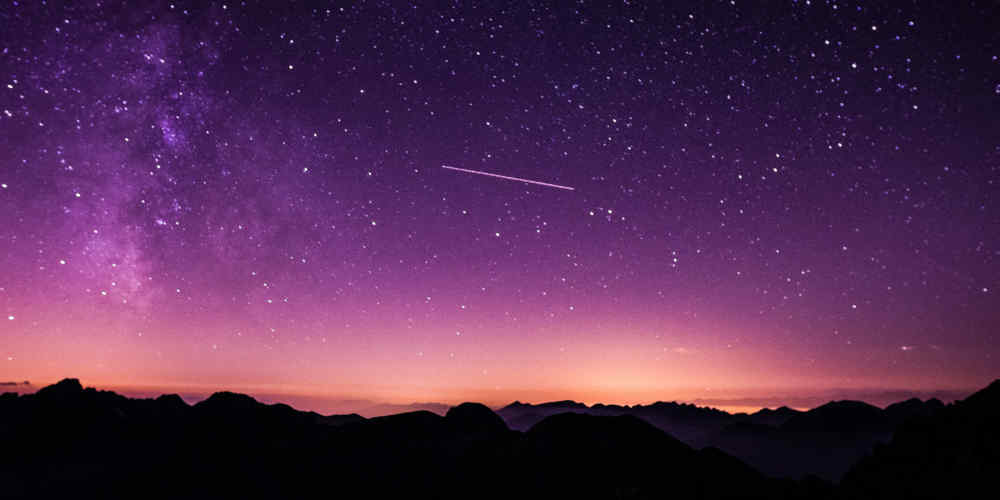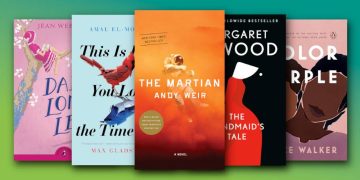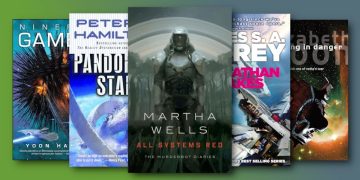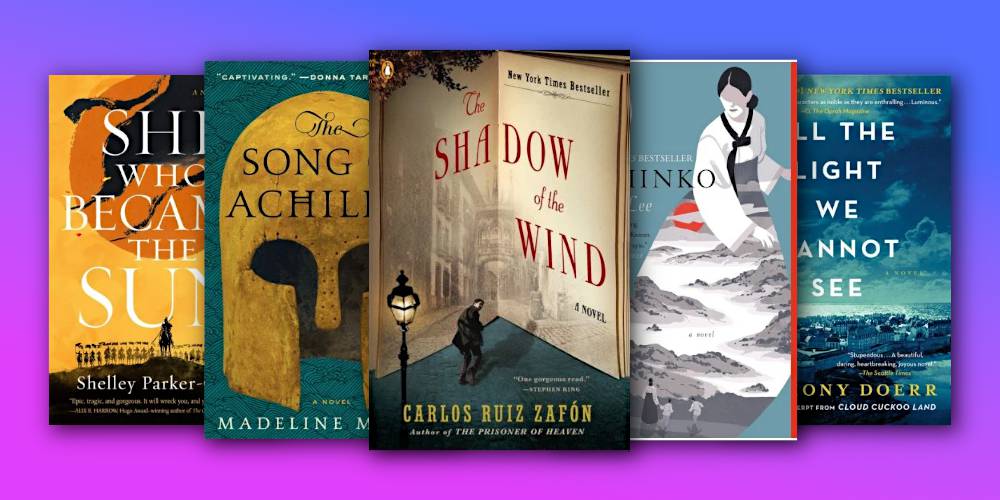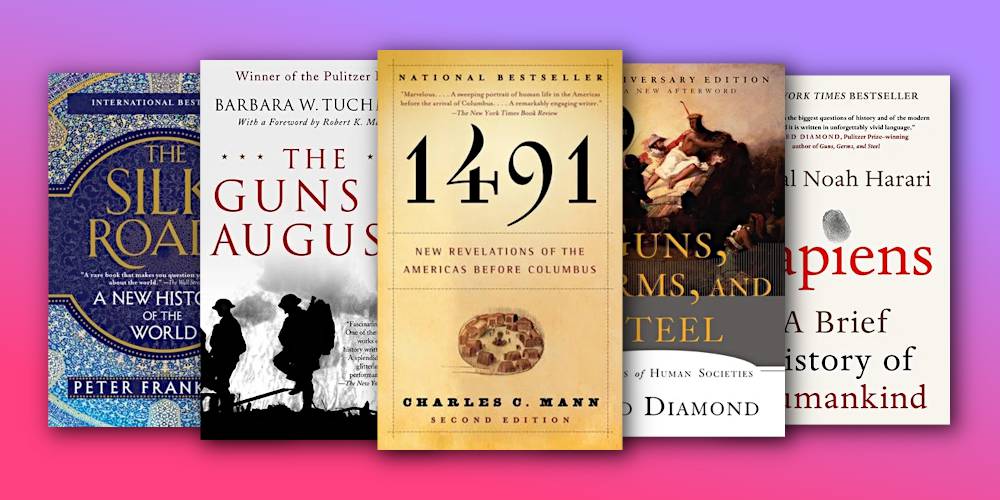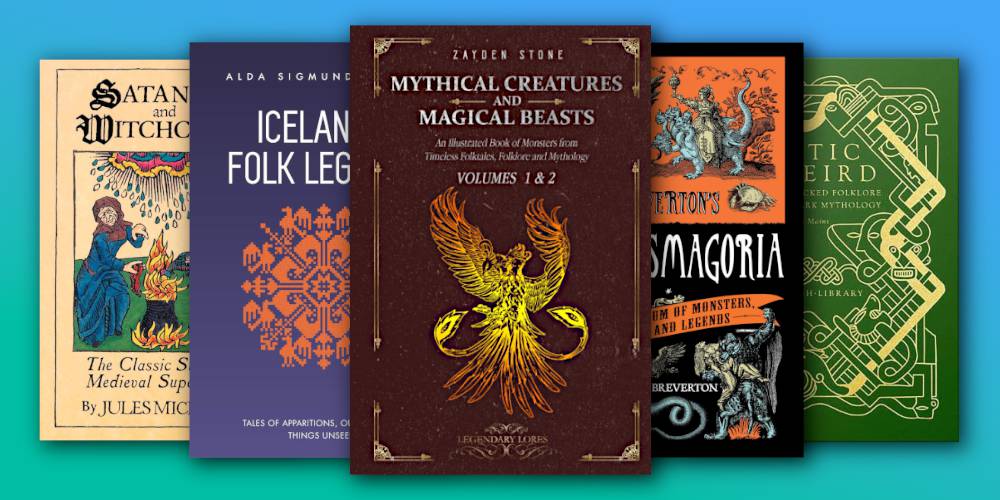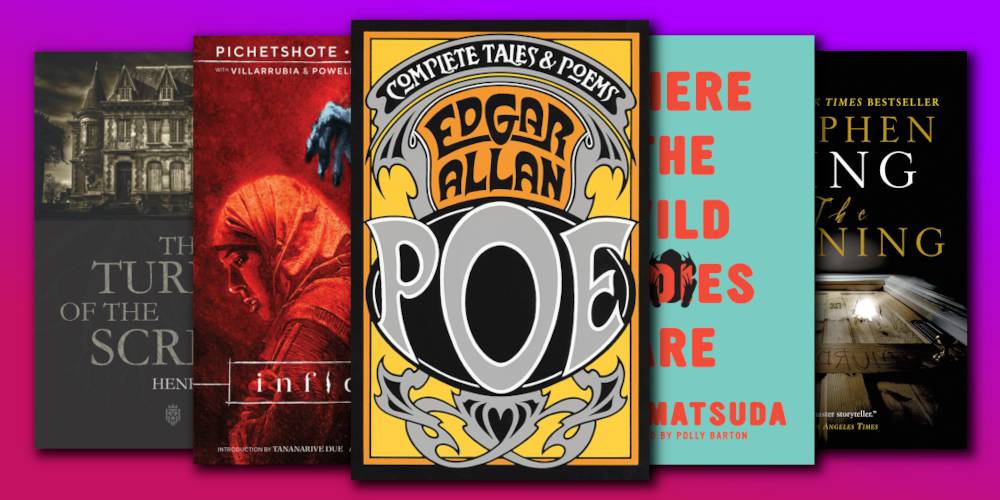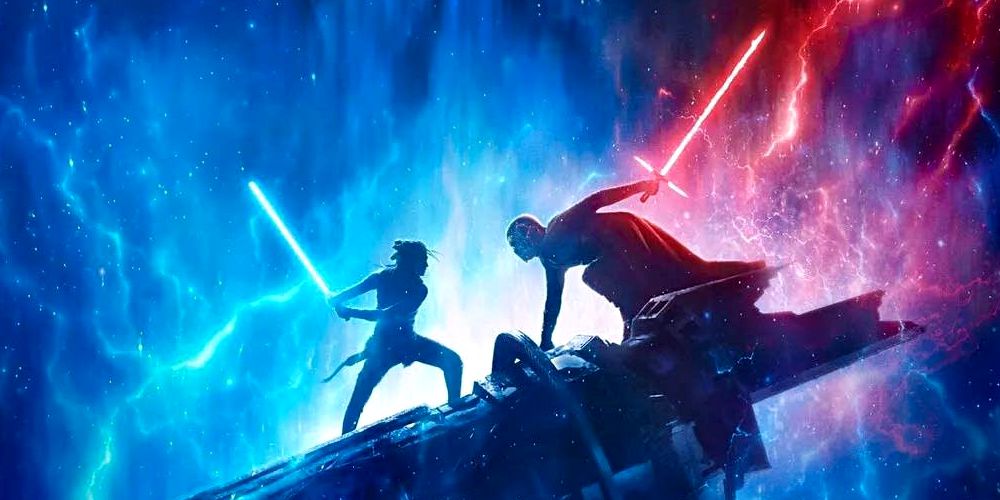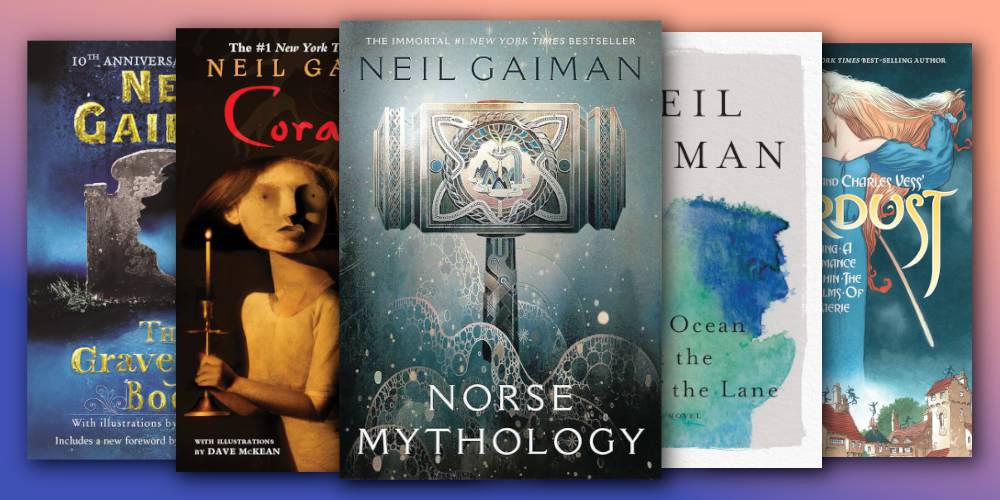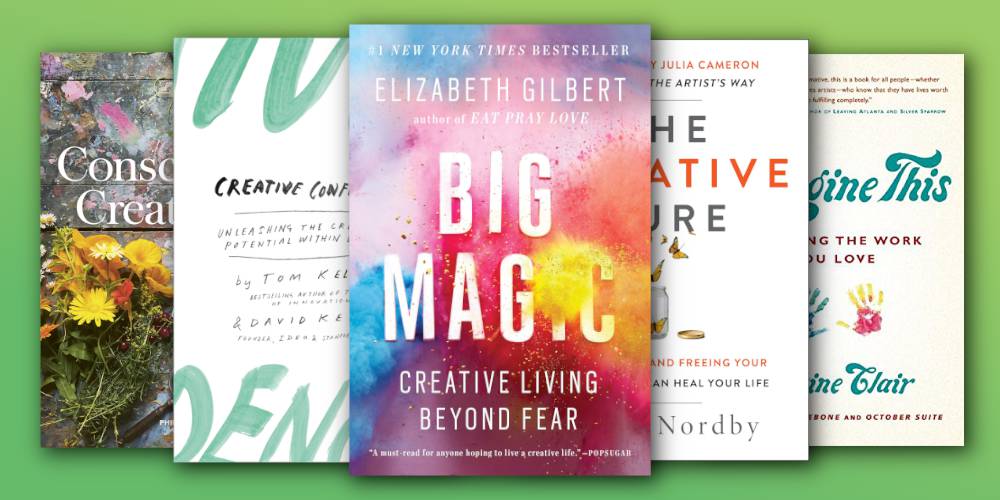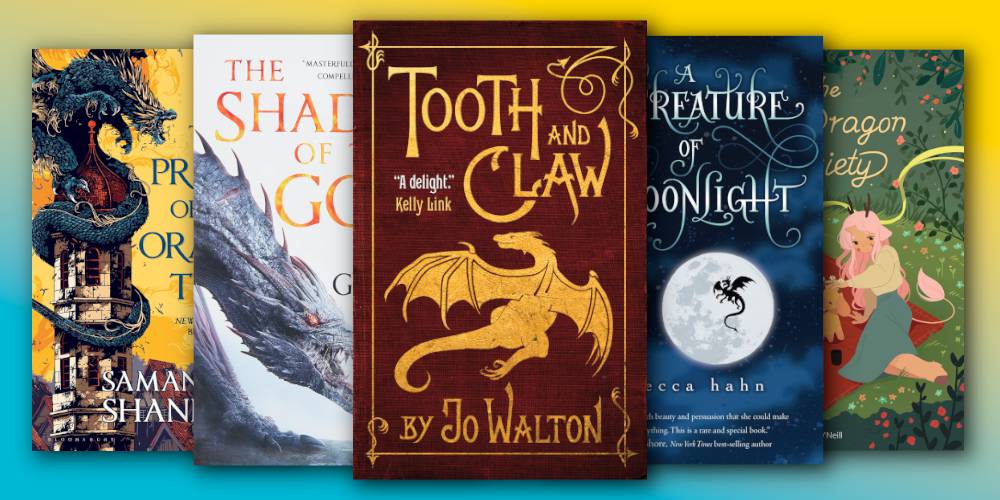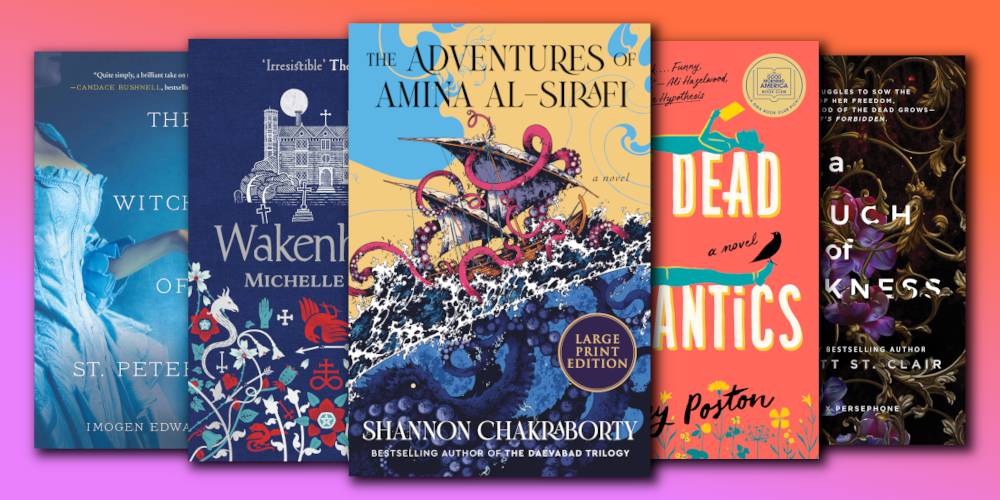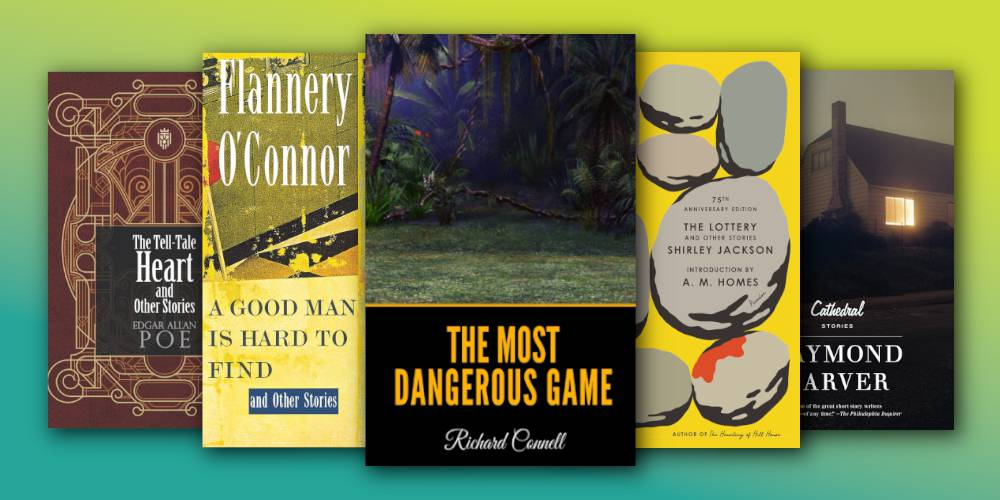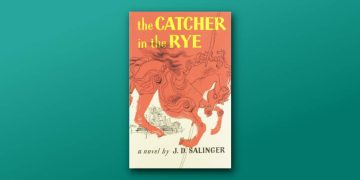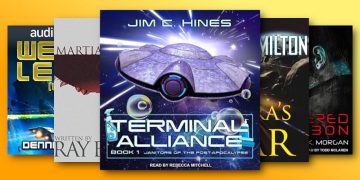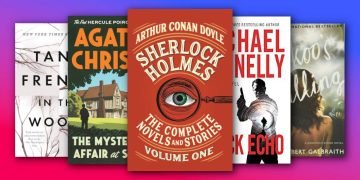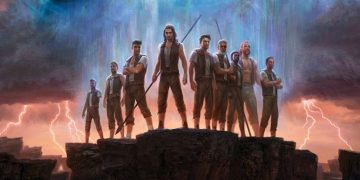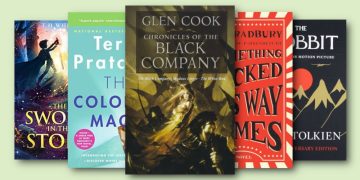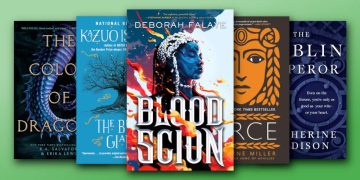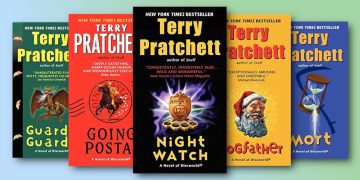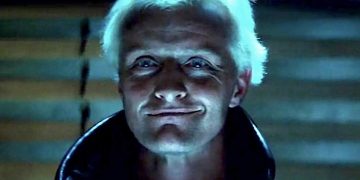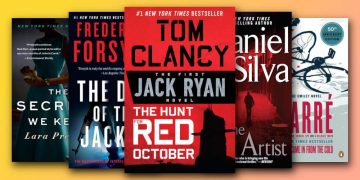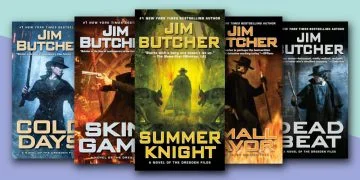15. Arkady Martine
Arkady Martine’s works range from sweeping short stories to grand sci-fi novels. For the latter, she truly proved her skill as a storyteller with the acclaimedTeixcalaanseries.
Her first novel,A Memory Called Empire, introduces the character Mahit Dzmare, a mining station ambassador who’s assigned to stop an evil empire from governing most of the universe.
And in her follow-up book,A Desolation Called Peace, she puts Mahit into the middle of political conflict.
Science fiction is often epic, but Arkady Martine cleverly applies her knowledge of history to craft a magnificent saga.
Related:The Best Sites for Free Sci-Fi and Fantasy Short Stories
14. Tamsyn Muir
It’s possible thatTamsyn Muir’sGideon the Ninthcould be the sci-fi equivalent of grimdark fantasy, at least if it wasn’t so laugh out loud funny.
That first book in the series is enough to have many fans eagerly awaiting the next title in the trilogy and calling Muir one of the writers to keep a closest eye on for the next few years.
13. Ann Leckie
If you haven’t already heard ofAnn Leckie, you’ve probably at least heard ofAncillary Justice, which was published in 2013.
Why? It won the Hugo, Nebula, BSFA, Arthur C. Clarke, and Locus Awards, to start. Since then she has published two direct sequels to that novel, another set in the same universe, and a fantasy novel,The Raven Tower.
12. Dennis E. Taylor
Best known for hisBobiverseseries,Dennis E. Taylorwon Audible’s Best Science Fiction Book award in 2016 for the first in the series,We Are Legion (We Are Bob).
The series is about a former tech CEO who, after several unfortunate accidents finds himself floating as a satellite drone in space, decides to start cloning himself.
11. Yoon Ha Lee
Military science fiction isn’t nearly as big as it used to be, butYoon Ha Leeseems set to change that.
His novelNinefox Gambitwon the Locus Award for Best First Novel in 2017 and began theMachineries of Empireseries, which has been popular with both readers and critics.
10. Martha Wells
Martha Wellskicked offThe Murderbot DiarieswithAll Systems Redin 2017, quickly winning several awards including a Nebula and a Hugo.
Wells followed with several more in the series about a security AI that calls itself Murderbot and really just wants to be left alone to watch its shows in peace.
9. Charles Stross
Charles Strosshas been writing since the late 1980s, but it was only in the early 2000s that his work began to make its way to the masses.
HisLaundry Filesseries is my personal favorite, combining James Bond-style science fiction, workplace humor that wouldn’t be out of place in a (albeit very strange) sitcom, and Lovecraftian horror.
8. Cixin Liu
Cixin Liuwrote several novels beforeThe Three-Body Problem, but it’s that novel that got him recognition in the western world.
It’s the rare science-fiction novel that takes place in “the real world” but still conjures ideas and concepts that are terrifying in their enormity. Read that novel, and you’ll need to finish the series.
7. Cory Doctorow
Some sci-fi authors—andCory Doctorowis one of them—use their platform as a writer for personal activism. In this case, the Canadian-British writer fights for the liberalization of copyright laws and the Creative Commons organization.
His post-modern novels reflect his cause, often delving into topics like privacy, intellectual property, wealth distribution, and social disparity.
His first novel,Down and Out in the Magic Kingdom, uses a murder mystery as commentary for the wealthy class’s exploitation of consent. HisLittle Brothernovels are presented like YA stories to expose intrusions to civil liberties.
Cory Doctorow’s stories are great, but when you consider the impact of his activism, his works stand even taller.
6. N. K. Jemisin
Here we have a skilled writer who isn’t afraid to spread her wings and try many things, given her success in both science fiction and fantasy.
N. K. Jemisinmade a name for herself as the first author to win the Hugo Award for Best Novel three years in a row (2016–2018).
The awards were given for herBroken Earthseries, a science-fiction-fantasy hybrid tale that explores the last remaining humans as they harness an unearthed magic in a post-apocalyptic world.
Amidst themes of social oppression and cultural disparity, her works give light to Afrofuturism and diversity. That’s most apparent inThe City We Became, in which the lead character is an African artist struggling to find sense in a futuristic New York.
5. Andy Weir
Andy Weirblew up in fame for one novel in particular:The Martian. Yes, the very same book that became the source material for Ridley Scott’s blockbuster adaptation where Matt Damon was trapped on Mars.
The Martianis a perfect representation of Weir’s style and it placed Weir on the map as a sought-after sci-fi novelist.
His following novels—ArtemisandProject Hail Mary—almost have the same structure and themes ofThe Martian, each one focusing on a lone astronaut fighting against catastrophic phenomena.
Repetitiveness aside, every detail is cinematic and compelling while raising the emotional stakes.The Martianis a modern classic told through log entries, whileArtemisandProject Hail Maryare space exploration classics in the making.
Related:The Best Epistolary Books Told as Letters and Diary Entries
4. James S. A. Corey
James S. A. Coreydoesn’t really exist, but is instead a pen name for the team of Daniel Abraham and Ty Franck.
Together they writeThe Expanse, a series of novels that began withLeviathan Wakesin 2011. If that name sounds familiar, it’s because the books became so popular they spawned a TV series of the same name.
3. Peter F. Hamilton
Peter F. Hamiltonhas been writing even longer than fellow British author Alastair Reynolds, releasingMindstar Rising, the first novel in hisGreg Mandeltrilogy in 1995.
It was 2004’sPandora’s Starand its 2005 follow-upJudas Unchainedthat brought him to the attention of many and also fleshed out the Commonwealth universe initially set up by the earlierMisspent Youth.
2. Alastair Reynolds
Alastair Reynoldsbegan his science fiction career in 2000 with the hard sci-fi novelRevelation Space, which kicked off an entire universe of books.
As someone who holds a PhD in Astronomy, he seems uniquely suited to the world of science fiction, which explains why he has maintained a steady stream of output since that first novel.
Related:The Best Space Opera Books
1. John Scalzi
John Scalzifirst made a name for himself withOld Man’s Warin 2005 and hasn’t stopped delivering quality sci-fi since, including the award-winningRedshirtsfrom 2012.
While he doesn’t shy away from big ideas and impactful events, an underlying humor in many of his books keeps them from ever becoming unbearably dark.



![]()
